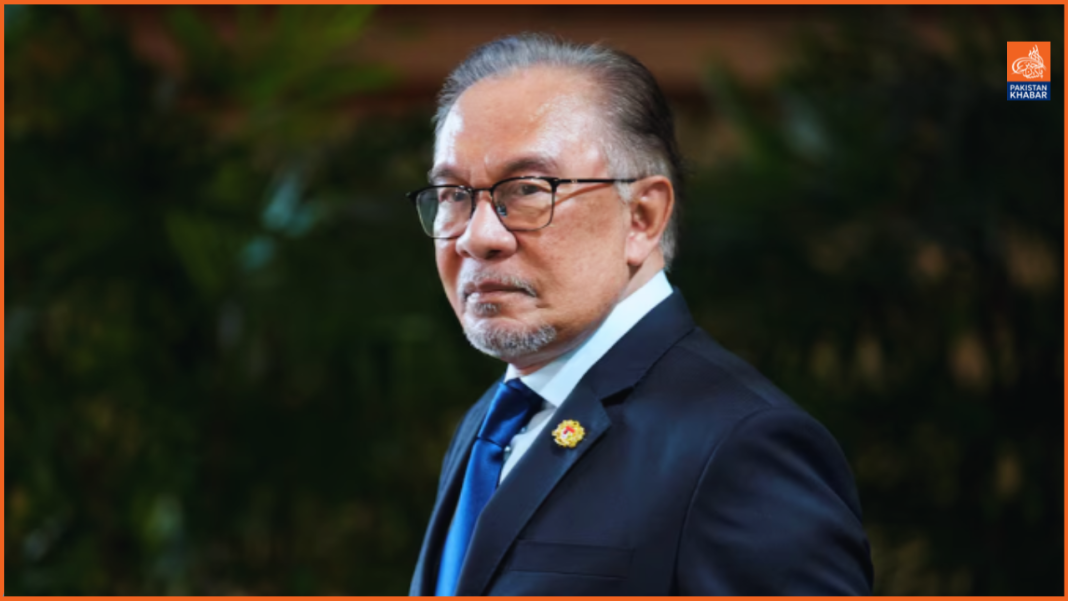Malaysia’s Prime Minister Anwar Ibrahim is set to embark on a three-day official visit to Pakistan, beginning Wednesday, a significant diplomatic engagement that highlights the enduring relationship between the two nations. This visit comes at a time when both countries are keen to strengthen their bilateral ties across various sectors.
Prior to PM Ibrahim’s arrival, Malaysia’s Foreign Minister, Mohamad Hasan, touched down at Islamabad airport, where he was warmly welcomed by Additional Foreign Secretary (Asia Pacific) Imran Ahmed Siddiqui. This reception underscores the importance Malaysia places on its diplomatic relations with Pakistan.
During his time in Pakistan, PM Ibrahim is expected to hold discussions with his Pakistani counterpart, Shehbaz Sharif. These talks will focus on a range of topics including regional and global developments, allowing both leaders to align their perspectives on pressing issues affecting both nations and the broader Muslim world. The agenda for their meetings is extensive, aiming to enhance cooperation in critical areas such as trade, energy, agriculture, tourism, and cultural exchanges.
The visit is particularly noteworthy given the historical and cultural ties that bind Pakistan and Malaysia. Both countries share a rich heritage rooted in Islam, and this relationship is characterized by mutual respect and cooperation. The Foreign Office has emphasized that this visit is an “important opportunity” to fortify these longstanding connections.
To celebrate the occasion, Islamabad has been decorated with flags representing both Malaysia and Pakistan, reflecting the warmth and hospitality extended to the visiting dignitary. This visit follows a previous meeting between PM Shehbaz and PM Ibrahim at the World Economic Forum in Saudi Arabia, where the Malaysian leader was invited to Pakistan after the recent general elections.
As the two leaders prepare to engage in meaningful discussions, there is optimism that this visit will pave the way for enhanced collaboration, fostering not only political ties but also economic partnerships that benefit both nations in the long run.




